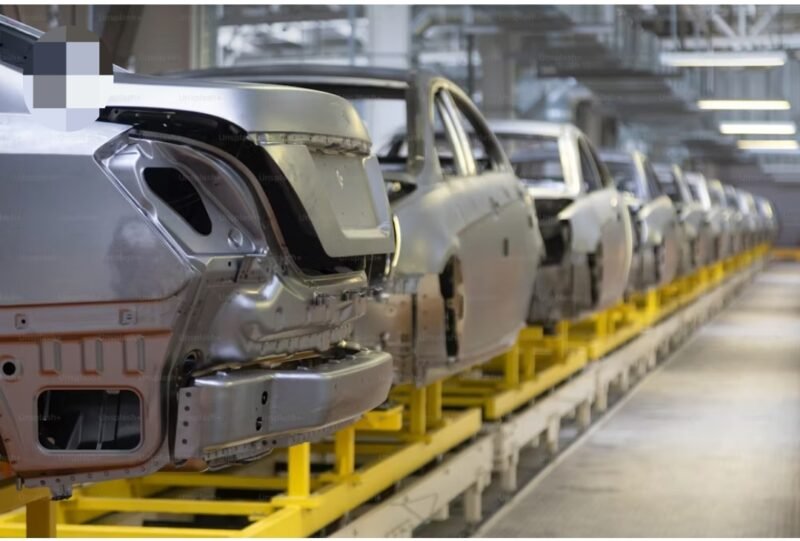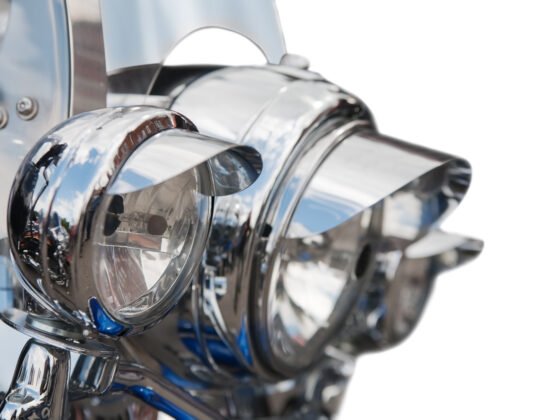The automotive industry is a dynamic sector marked by innovation, fierce competition, and a relentless pursuit of technological advancements. In this highly competitive environment, companies often rely on non-compete agreements (NCAs) to protect their interests. These legal contracts restrict employees or business partners from engaging in activities that could compete with the company’s operations after their relationship ends. This article explores the significance, legal considerations, and challenges associated with non-compete agreements in the automotive industry.
What Are Non-Compete Agreements?
A non-compete agreement is a legally binding contract that prevents an individual or entity from working for competitors, starting a competing business, or sharing sensitive information for a specified time and within a particular geographic area. In the automotive sector, NCAs are used to safeguard proprietary information, trade secrets, and customer relationships, which are vital for maintaining a competitive edge.
For example, automotive manufacturers might use NCAs to ensure that employees with access to proprietary designs, manufacturing processes, or supplier networks do not share this information with rival companies. Similarly, suppliers or service providers in the automotive supply chain may enter into NCAs to protect their specialized knowledge.
Importance of Non-Compete Agreements in the Automotive Industry
- Protection of Intellectual Property The automotive industry thrives on innovation, with companies investing billions in research and development (R&D). NCAs protect this intellectual property, preventing former employees or partners from using proprietary information to benefit competitors.
- Preservation of Trade Secrets Trade secrets, such as manufacturing techniques, software algorithms for autonomous vehicles, and advanced battery technologies, are critical assets. NCAs ensure that such sensitive information remains confidential, even after employees or collaborators part ways with the company.
- Retention of Competitive Advantage By restricting former employees or associates from joining competitors, NCAs help companies retain their competitive advantage. This is particularly crucial in an industry where new entrants and disruptors frequently challenge established players.
- Protection of Client Relationships Automotive companies often have long-standing relationships with clients, suppliers, and dealerships. NCAs prevent employees or business partners from leveraging these relationships to benefit competitors.
Key Elements of a Non-Compete Agreement
To be enforceable, non-compete agreements in the automotive industry must include specific elements:
- Scope of Restriction The agreement must clearly define the prohibited activities, such as working for competitors, sharing confidential information, or starting a similar business.
- Duration The timeframe during which the non-compete applies should be reasonable, typically ranging from six months to two years.
- Geographic Limitation The geographic scope should be specific and relevant to the company’s operational area. For example, a global automotive manufacturer might enforce NCAs worldwide, while a local dealership might restrict activities within a specific region.
- Consideration Employees or partners must receive something of value in exchange for signing the NCA, such as a job offer, promotion, or monetary compensation.
- Reasonableness The agreement must be reasonable in scope, duration, and geographic area to be enforceable in court.
Legal Considerations and Challenges
While non-compete agreements are widely used, their enforceability varies depending on jurisdiction. Courts generally scrutinize NCAs to ensure they do not impose undue hardship on individuals or stifle competition unfairly.
- Jurisdictional Variations Some states in the U.S., such as California, have banned the enforcement of non-compete agreements, viewing them as anti-competitive. In contrast, other states allow NCAs but impose strict requirements to ensure fairness.
- Balancing Interests Courts often weigh the interests of the employer against the employee’s right to work and earn a livelihood. Overly broad or restrictive NCAs may be deemed unenforceable.
- Proving Legitimate Business Interests Employers must demonstrate that the NCA is necessary to protect legitimate business interests, such as trade secrets, client relationships, or proprietary technology.
- Employee Mobility In an industry that requires specialized skills and expertise, overly restrictive NCAs can discourage talent mobility, potentially stifling innovation and growth.
Challenges Specific to the Automotive Industry
- Rapid Technological Changes The automotive sector is undergoing rapid transformation, with advancements in electric vehicles (EVs), autonomous driving, and connected car technologies. Restrictive NCAs may hinder collaboration and knowledge-sharing, which are essential for innovation.
- Globalized Workforce The automotive industry operates on a global scale, making it challenging to enforce NCAs across different jurisdictions. Variations in legal frameworks complicate the implementation of consistent policies.
- Rise of Startups Many skilled professionals in the automotive sector are joining startups or launching their ventures. Overly stringent NCAs could discourage entrepreneurial activities, which are vital for driving industry innovation.
- Workforce Adaptation As the industry transitions from traditional internal combustion engines to EVs and smart vehicles, companies need to adapt their non-compete strategies to address new technologies and business models.
Best Practices for Automotive Companies
To strike a balance between protecting business interests and fostering a competitive, innovative environment, automotive companies should consider the following:
- Draft Reasonable Agreements Ensure NCAs are narrowly tailored to protect legitimate interests without overly restricting employees or partners.
- Provide Adequate Compensation Offer fair compensation or benefits in exchange for signing NCAs, making them more acceptable to employees.
- Regularly Review Agreements Update NCAs periodically to reflect changes in technology, market dynamics, and legal standards.
- Educate Employees Clearly communicate the purpose and terms of NCAs to employees and partners, ensuring transparency and understanding.
- Seek Legal Counsel Work with legal experts to draft and enforce NCAs that comply with jurisdictional requirements and industry norms.
Conclusion
Non-compete agreements are essential tools for safeguarding intellectual property, trade secrets, and competitive advantage in the automotive industry. However, their use must be carefully balanced to avoid stifling innovation or restricting employee mobility. By crafting fair and reasonable NCAs, companies can protect their interests while fostering a dynamic and innovative industry ecosystem. As the automotive sector continues to evolve, businesses must adapt their non-compete strategies to stay ahead in the race for innovation and market leadersh








